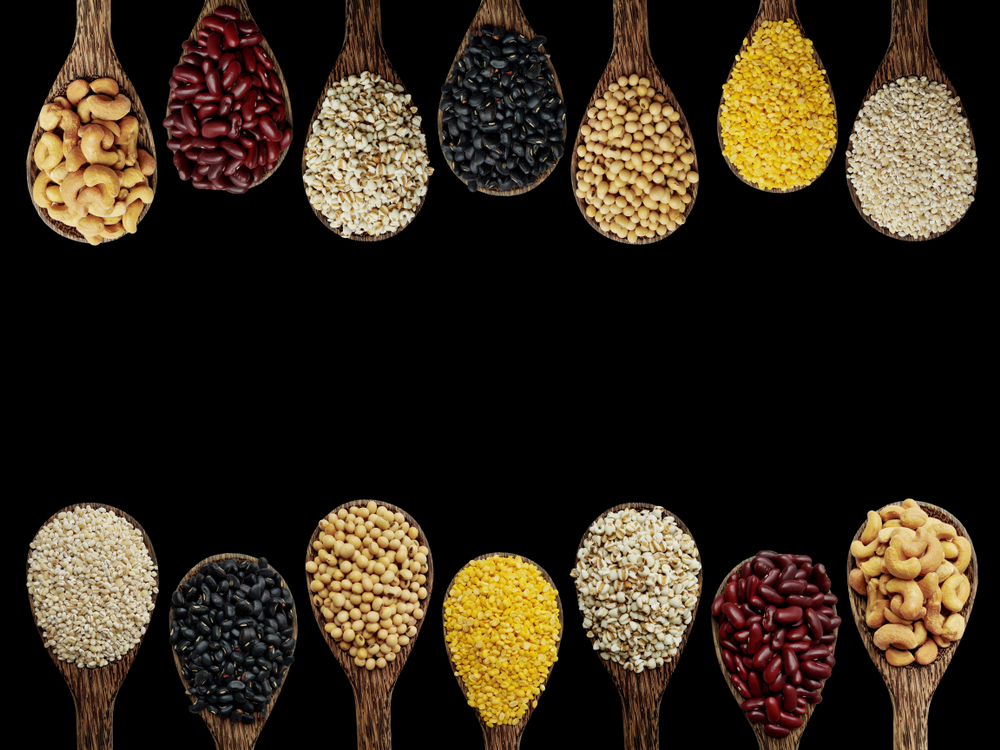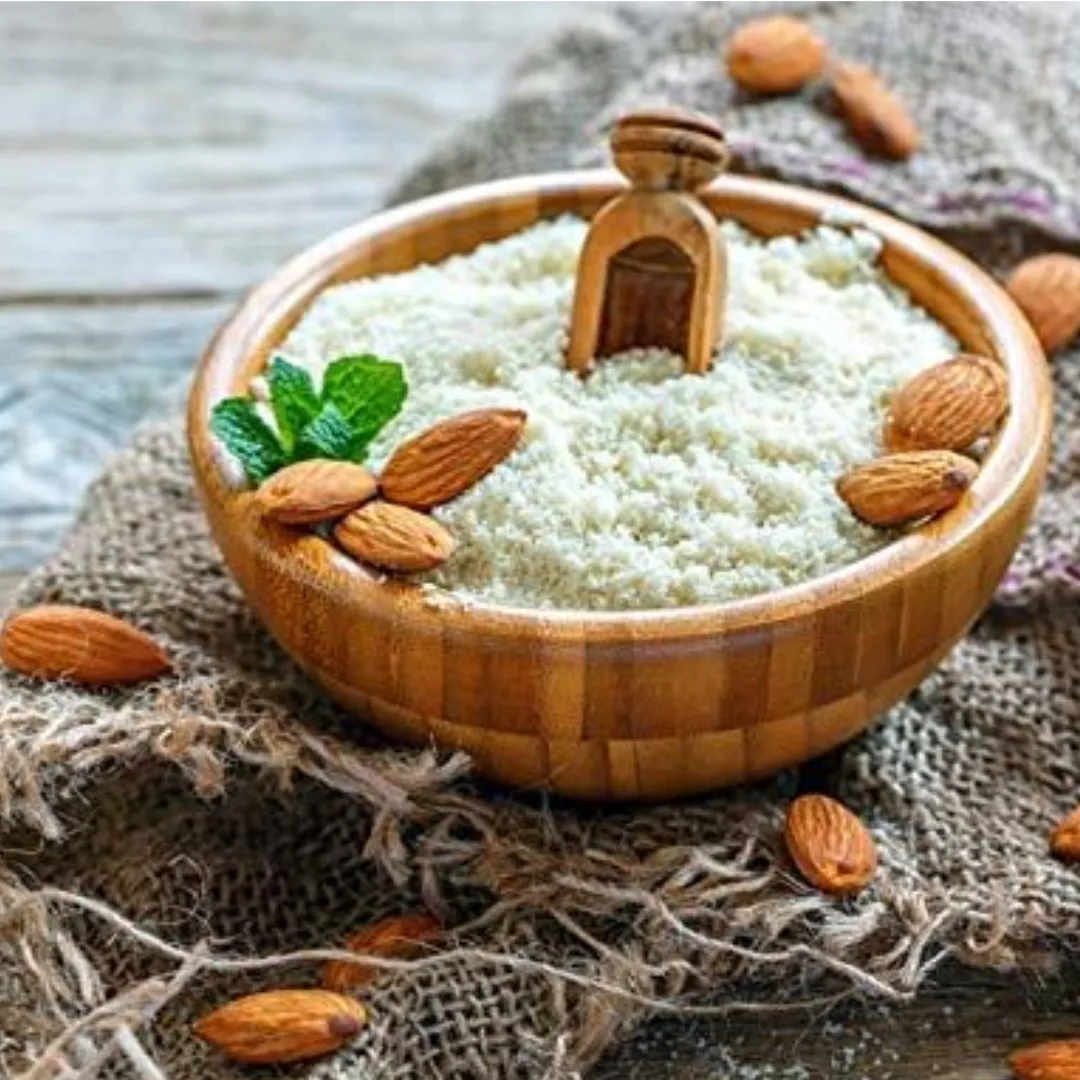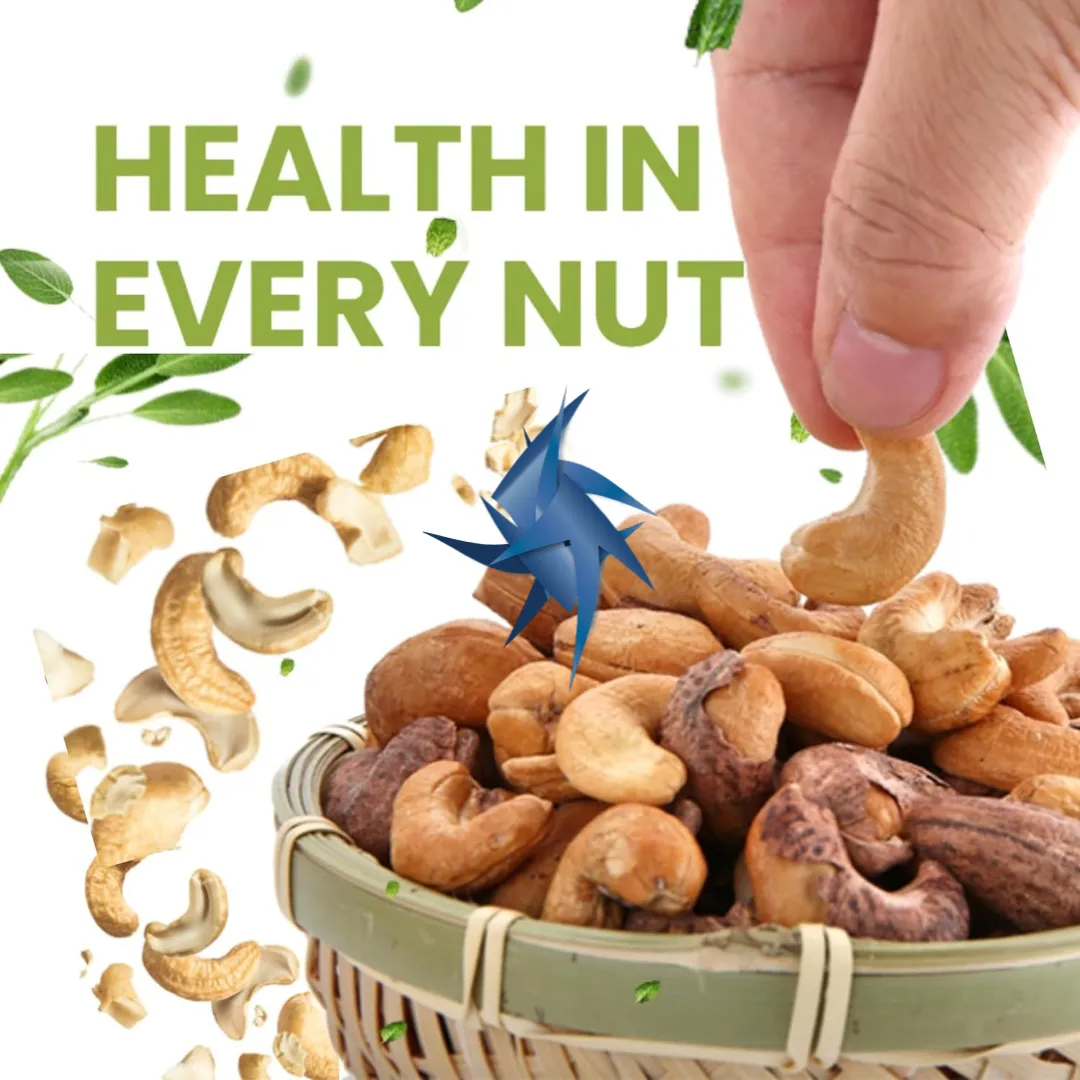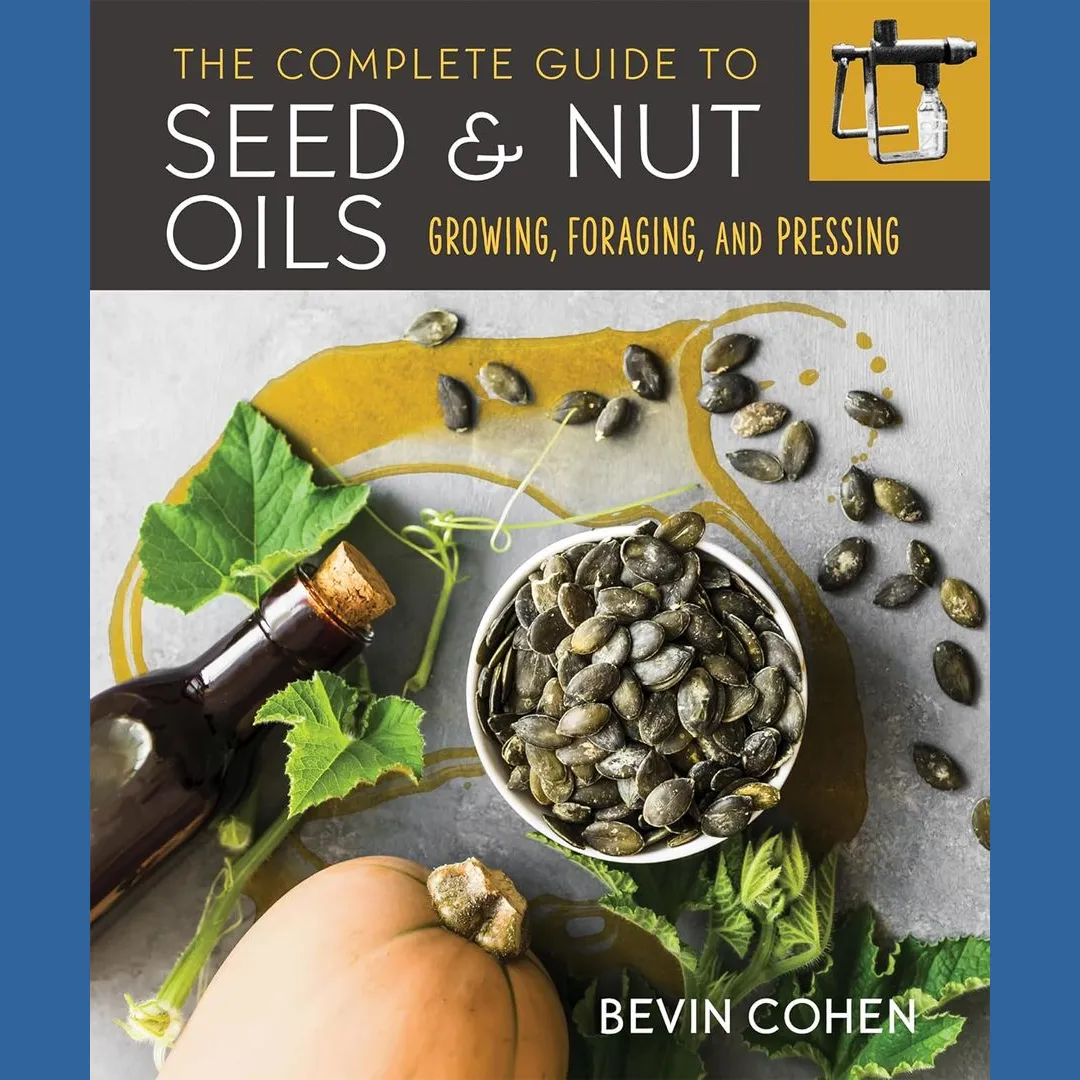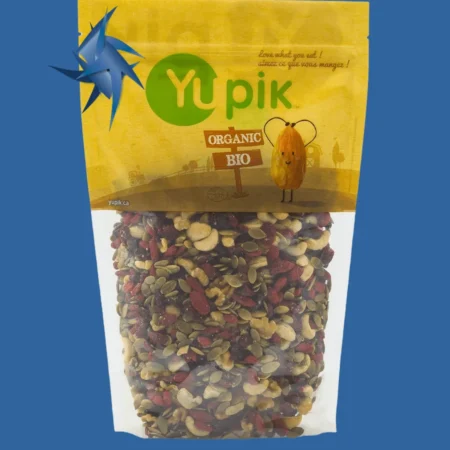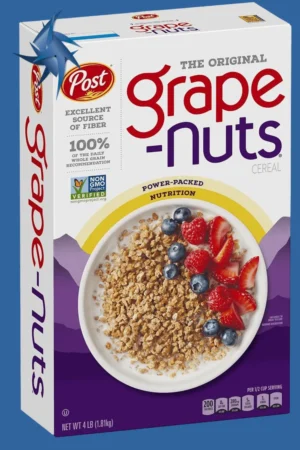Imagine a world where your snack can boost your health in a handful of bites.
Home of Nuts, those versatile little powerhouses, are just that kind of snack. They have stood the test of time as a staple in diets across the globe, revered for both their taste and their nutrient profile.

Home Rich in proteins, healthy fats, fiber, vitamins, minerals, and antioxidants!
nuts are more than just a convenient snack; they’re a compact source of nourishment. They’ve been linked to a multitude of health benefits, from brain health to heart health, and beyond. This article will serve as your ultimate guide to understanding how integrating nuts into your diet can contribute to optimal health and wellness!
Super quality food
We will unwrap the nutritional benefits of nuts, explore the different types suited for various health goals
Well Reputation
We will also discuss how to incorporate them into a balanced diet while addressing common health considerations.
Why Nuts Are a Healthy Addition to Your Diet
Nuts are a powerhouse of nutrients and have proven beneficial in enhancing health and wellness.
Their rich composition includes arginine, an amino acid that helps boost circulation through the production of nitric oxide.
omega-3 fatty acids
anti-inflammatory properties
diverse range of vitamins and minerals
excellent source of healthy fats
positive impact of nuts on heart health
Nuts are a powerhouse of nutrients and have proven beneficial in enhancing health and wellness.♥
Their rich composition includes arginine, an amino acid that helps boost circulation through the production of nitric oxide.
Furthermore, the presence of omega-3 fatty acids in nuts underlines their anti-inflammatory properties, which play a vital role in maintaining heart and brain health.
The diverse range of vitamins and minerals found in nuts – such as vitamin E, selenium, magnesium, and potassium – complements their healthful profile.
Notably, they are also an excellent source of healthy fats, plant sterols, and fiber, contributing to their ability to potentially lower cholesterol levels and reduce the risk of heart disease and stroke.
Evidence from studies points to the positive impact of nuts on heart health, particularly concerning artery function and lipid profiles.
Their nutritional benefits extend to supporting skin health and providing plant-based proteins, essential for a balanced diet, especially for those following vegetarian or vegan lifestyles.
In summary, incorporating nuts into your diet can offer the following health benefits:
- Improve heart health
- Lower cholesterol levels
- Reduce inflammation
- Enhance brain function
- Provide essential nutrients
A daily handful of nuts can be a smart choice for maintaining overall wellness.
The Nutritional Benefits of Nuts
Nuts are nutritional powerhouses, offering a symphony of beneficial compounds that can positively impact your health and wellness.
01. rich cocktail of plant-based protein
Almonds, cashews, pecans, and pistachios are brimming with these vital proteins, making them an excellent choice for vegetarians, vegans, and anyone looking to incorporate more plant-based foods into their diets.
02. Excellent Source of Healthy Fats
They are particularly rich in heart-healthy monounsaturated and polyunsaturated fats while being low in the saturated fats that are best consumed in moderation.
03. High in Fiber
Almonds, pistachios, hazelnuts, and pecans are just a few types of nuts high in fiber. Fiber is essential for reducing disease risk and enhancing satiety, which can translate to more restrained calorie intake and improved digestive health.
04. Antioxidant Properties
The antioxidant properties of nuts are not to be underestimated, with walnuts leading the pack, offering double the polyphenols compared to other nut varieties.
Nuts Reduces the Risk of Chronic Diseases
Nuts are a powerhouse of nutrients, offering a mix of heart-healthy fats, fiber, vitamins, and minerals that play a crucial role in combating chronic illnesses.

Jazz up your morning routine
For a savory breakfast twist, consider garnishing your salads or vegetable dishes with nuts—think caramelized onion maple Brussels sprouts with a generous toss of pecans.
Bites of Inspiration
Dive into the latest updates, food truck tales, and foodie inspiration straight from our team. Whether you're craving recipes or curious about life.


